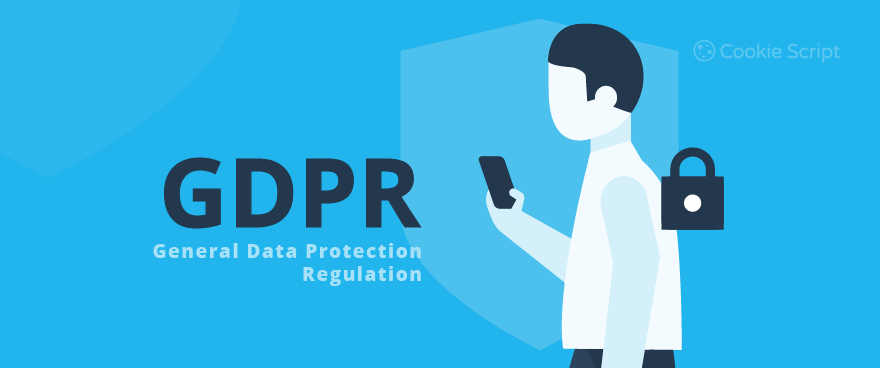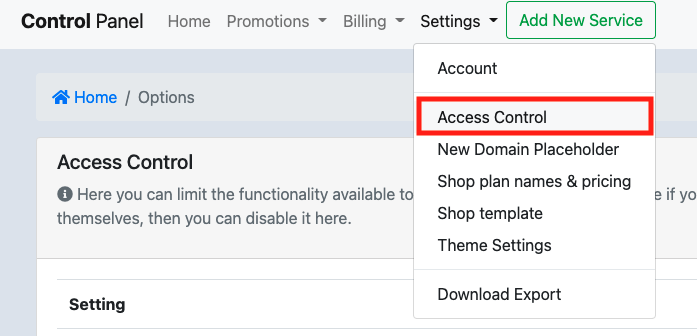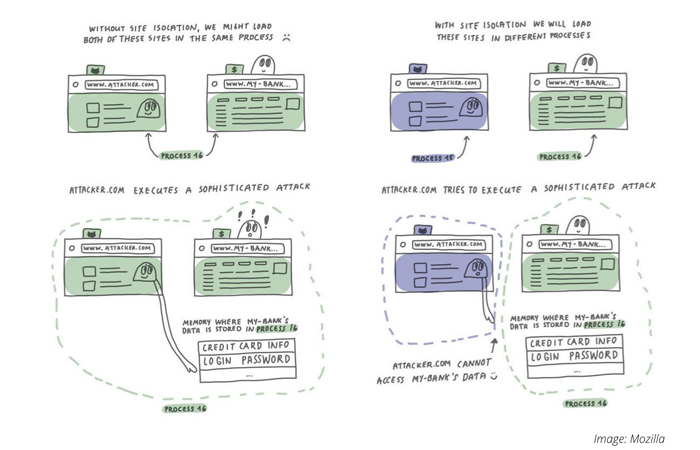Have you ever wonder how much time do you spend on the internet each day?

The latest ETDA (Electronic Transactions Development Agency (Public Organization)) report found this year Thais spend 10 hours 5 minutes on the internet daily which increased 3 hours 41 minutes more than last year. What do they do? The no. 1 activity is messaging (94.5%) then the second one is hotel booking which is 89.2%. Booking/buying tickets is on the third place. No.4 is online shopping and making online payment (82.8%). And lastly, watching video clips/listening to music is 78.5%
What about social media like Facebook and Instagram? Yes Thai people love to share their story and pictures online with their friends (and strangers) so they spend at least 3 hours and a half on social media. And also use up 2 hours 35 minutes for watching YouTube or Line TV, 1 hour and 51 minutes for online gaming.
However, ETDA also found that most of Thai internet users are still at risk to get hack by online thief because risky behaviors, such as they don’t change their password frequently (once every 3 months is safe enough). Some even click on email or link they don’t know (of course most of them are malwares). And lastly when they do online banking, they don’t check if the website is secure or not (HTTPS or SSL). If it is not secure, that means their personal information (or even password) might be stolen by hackers.
Please remember at Code Orange we think SSL should be free. Give us a call for more info 080-787-9100











